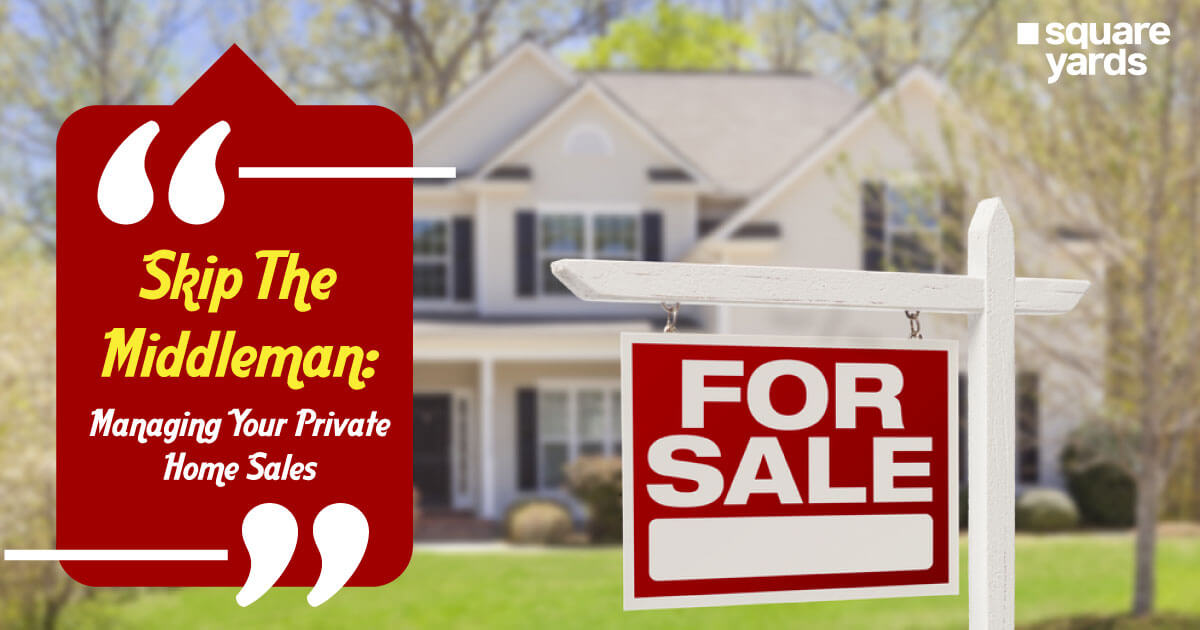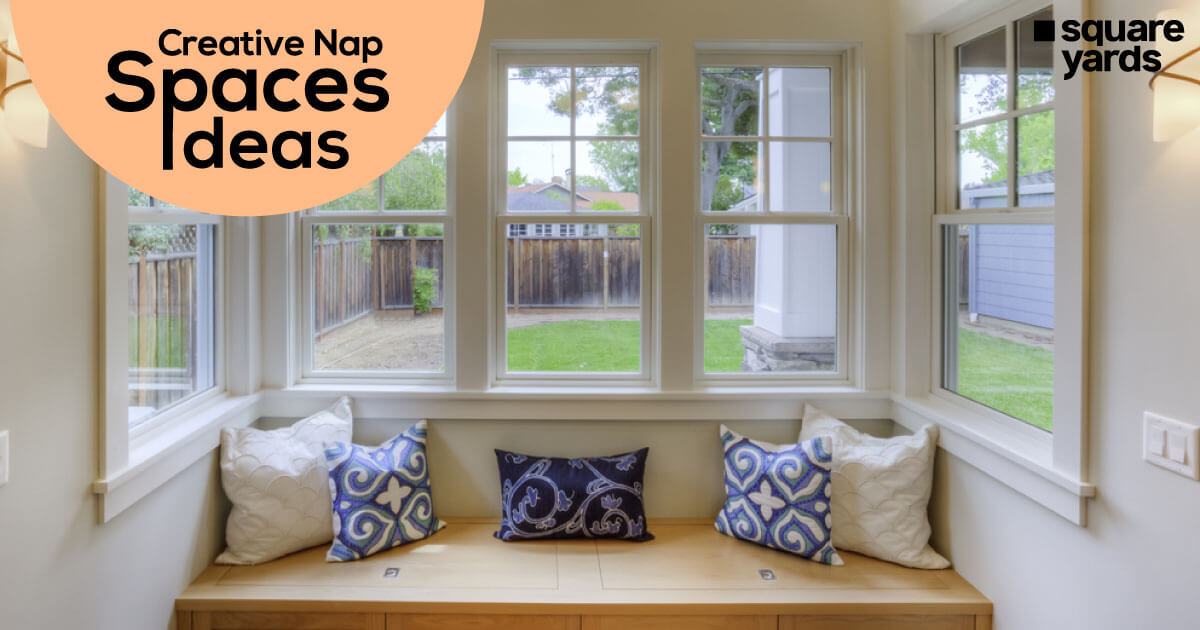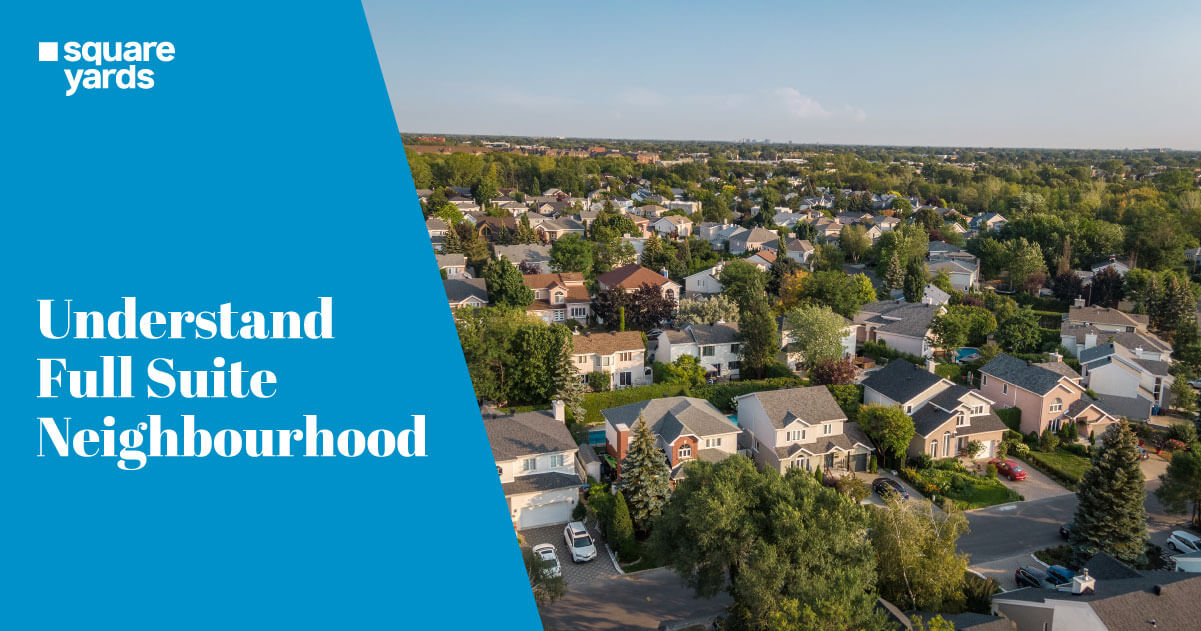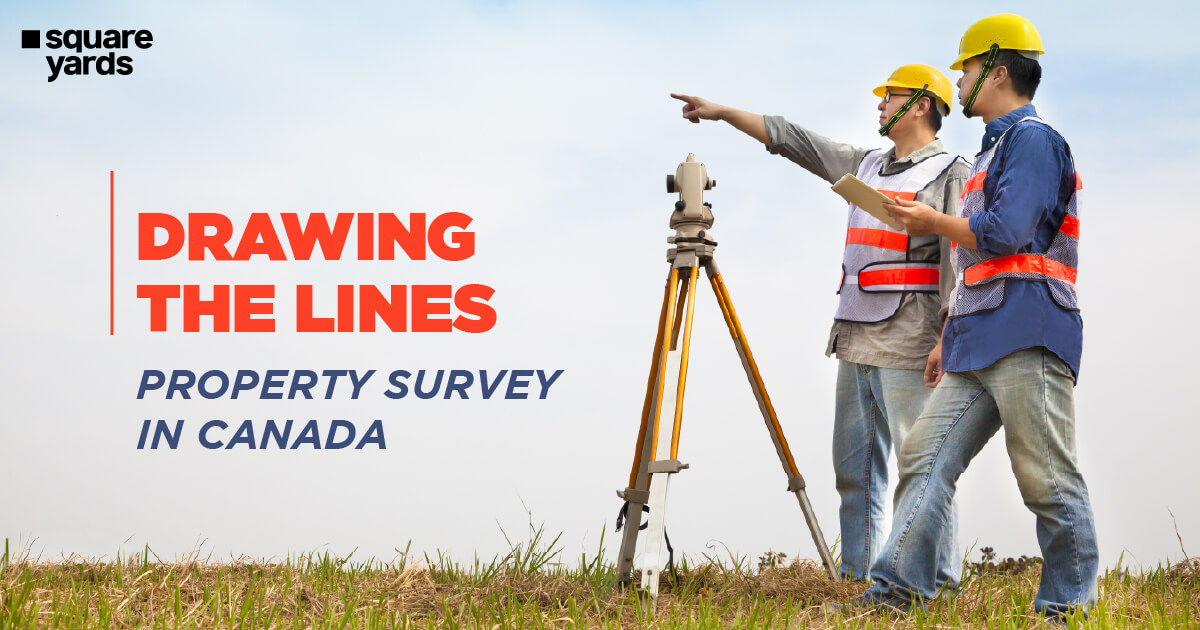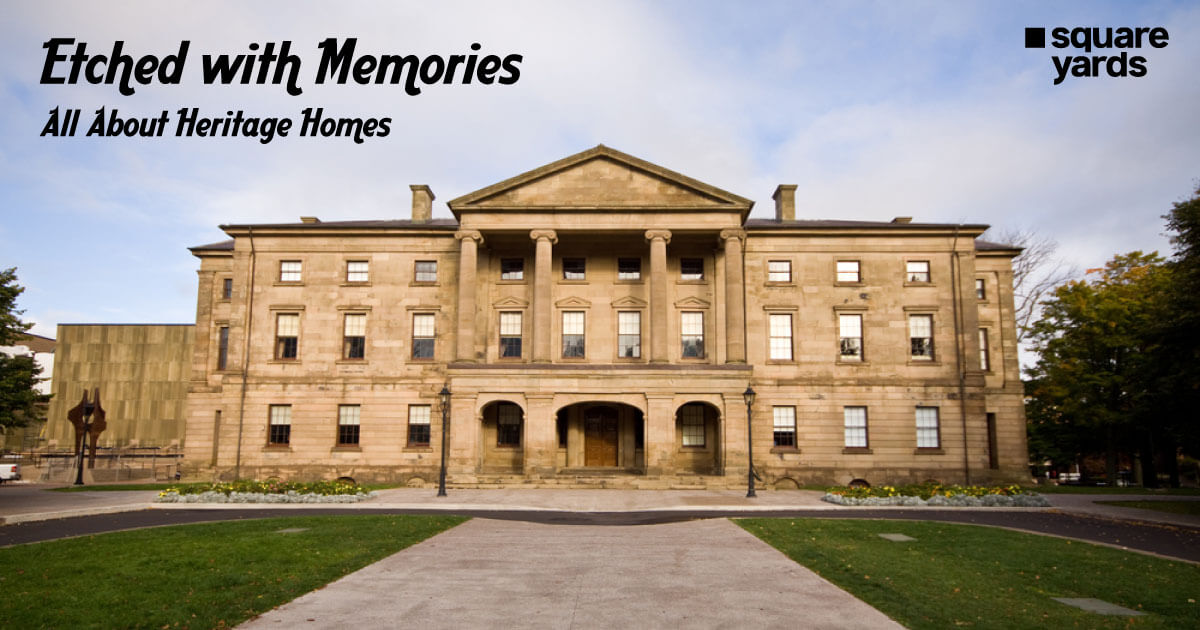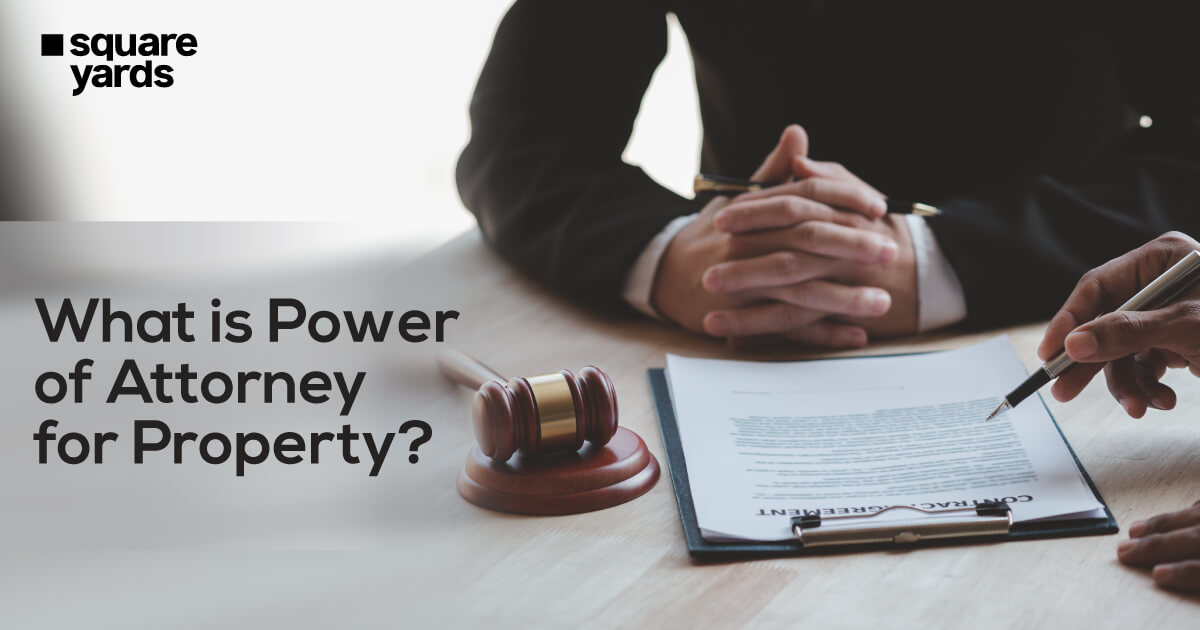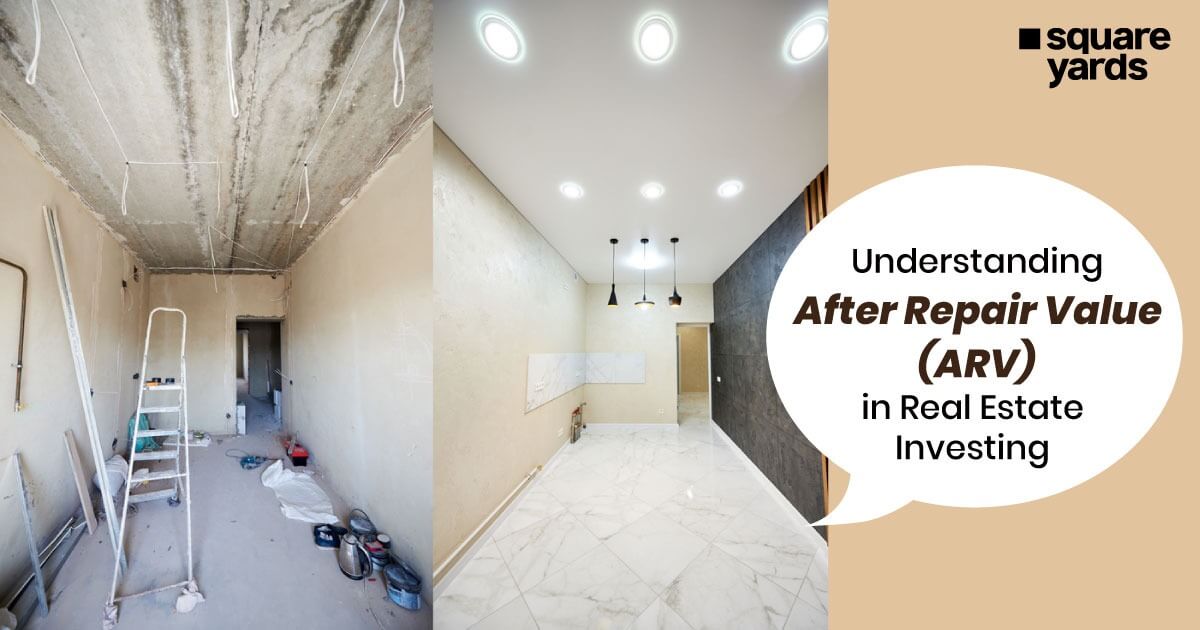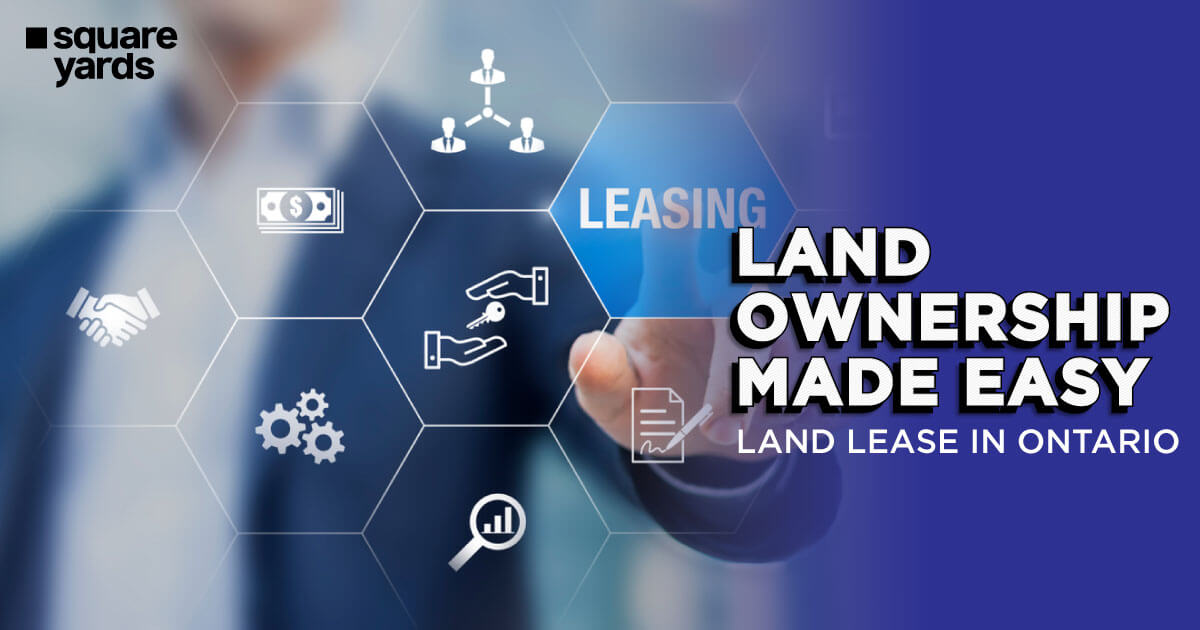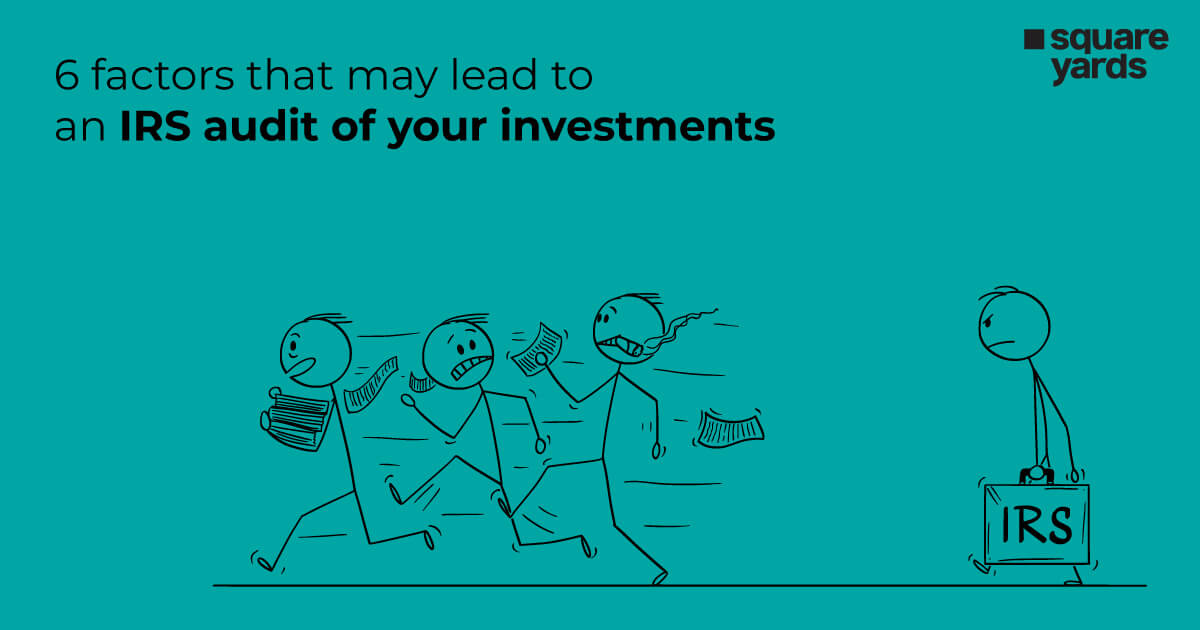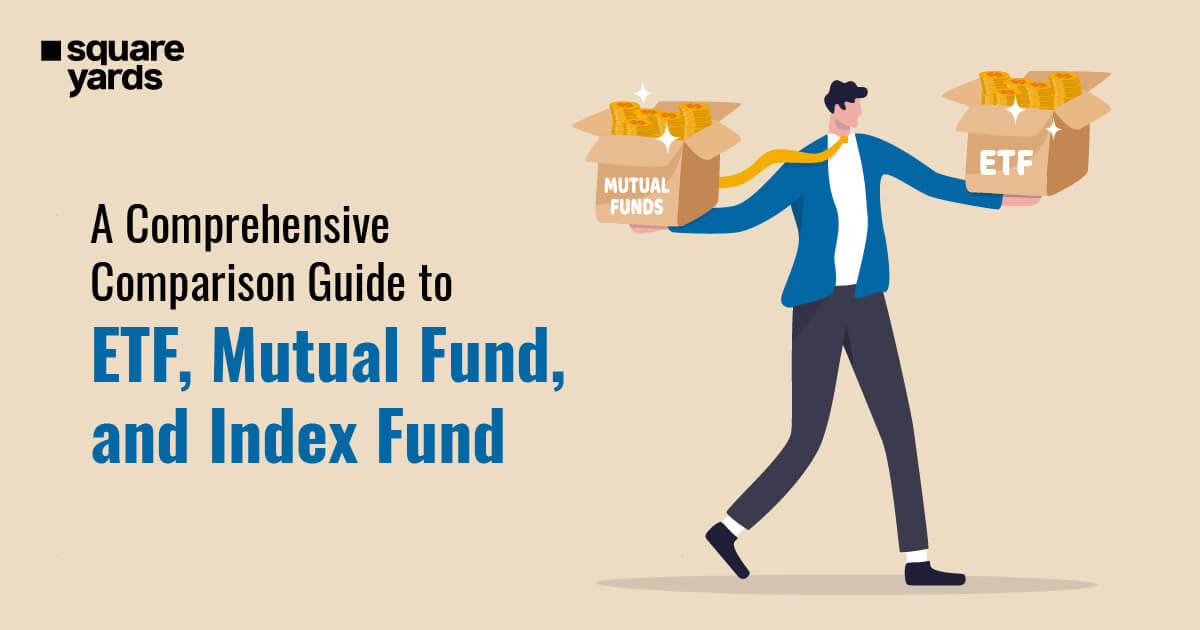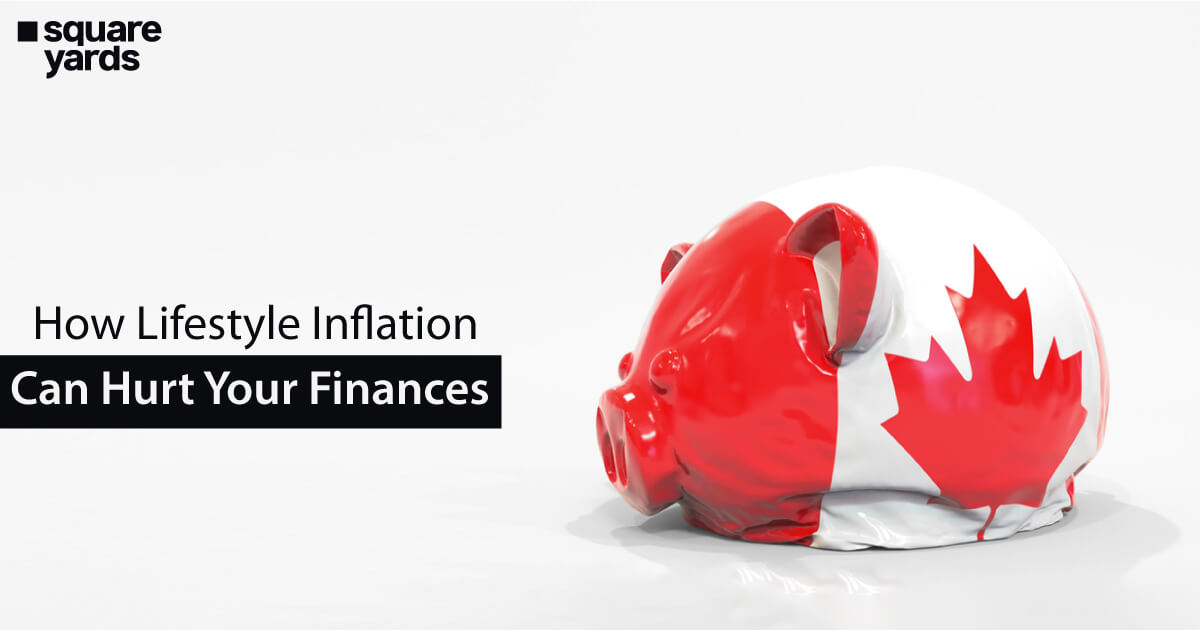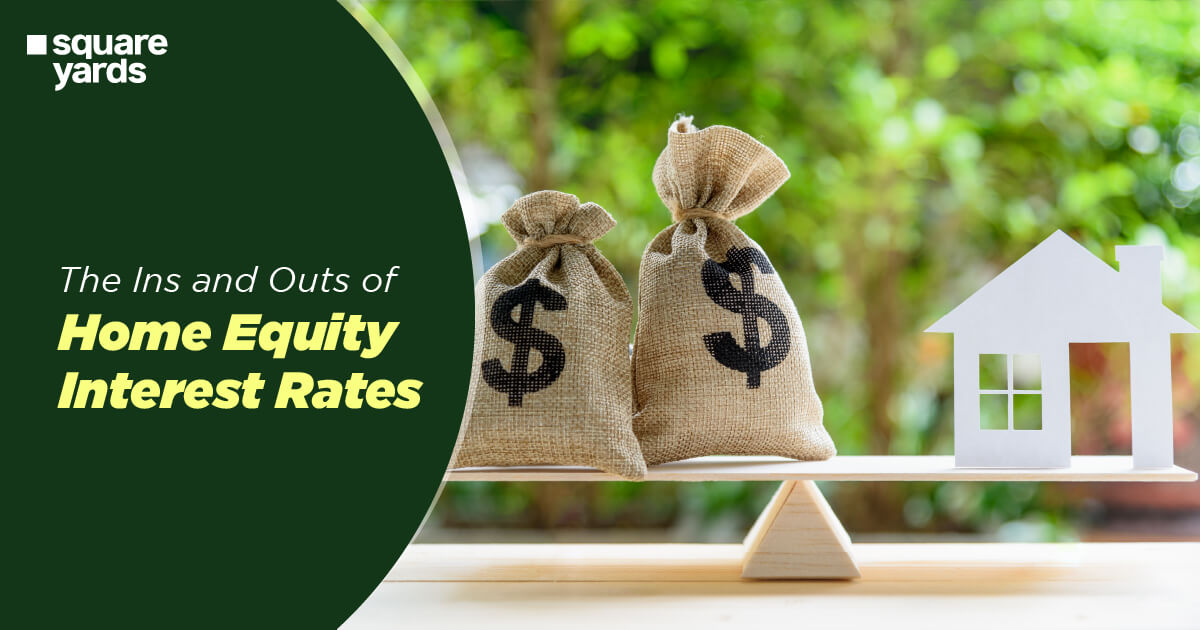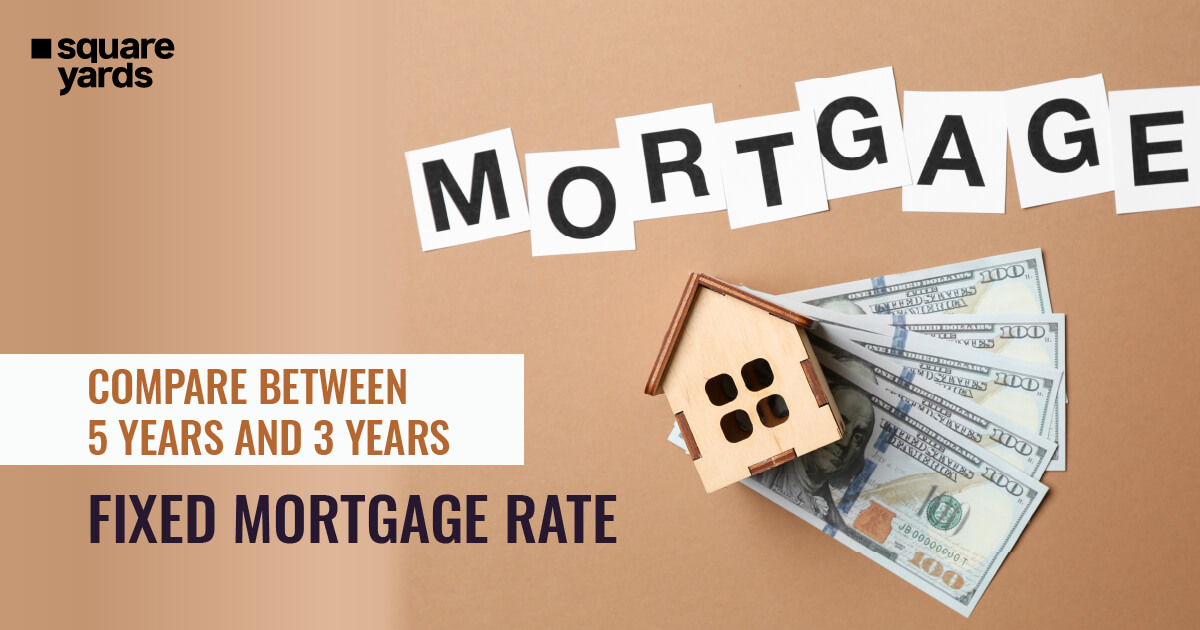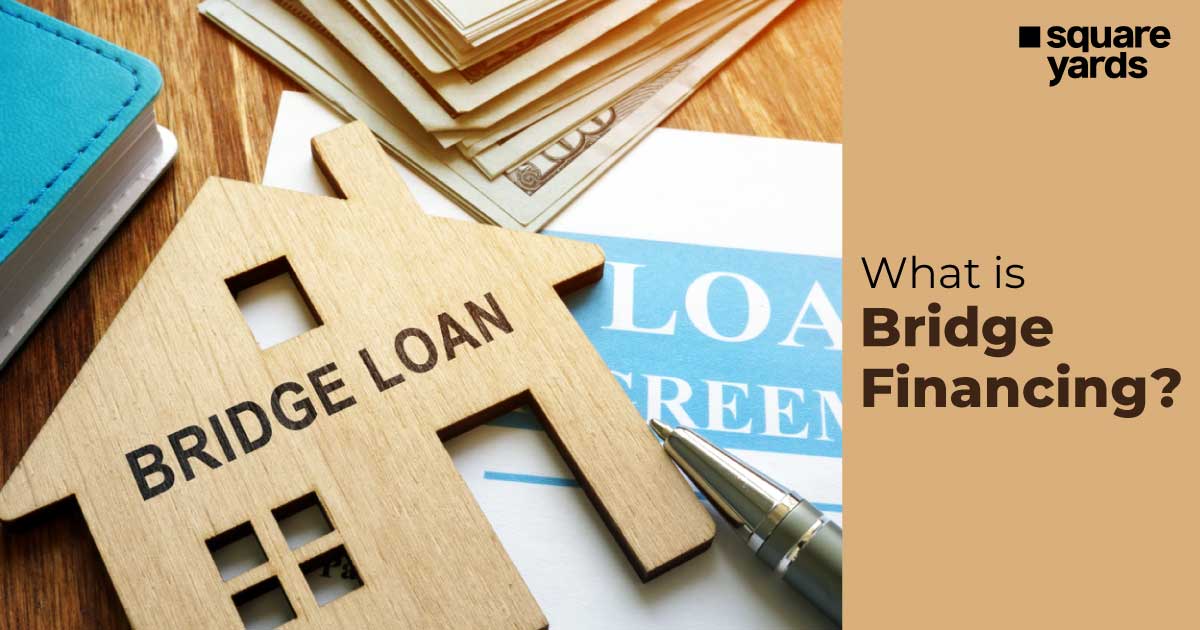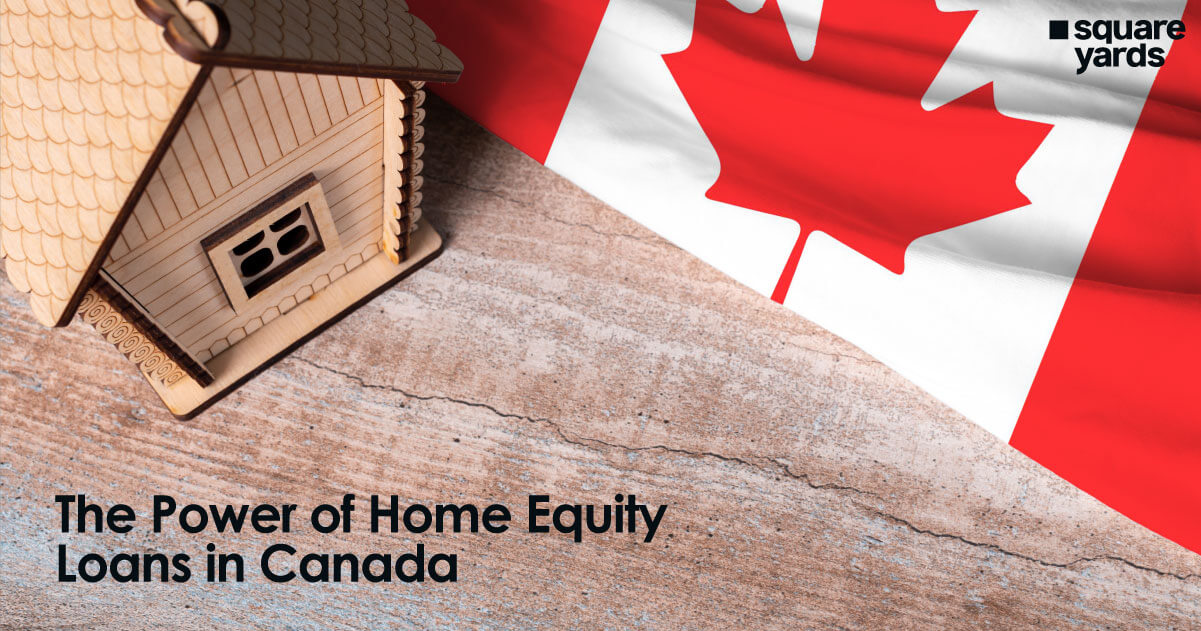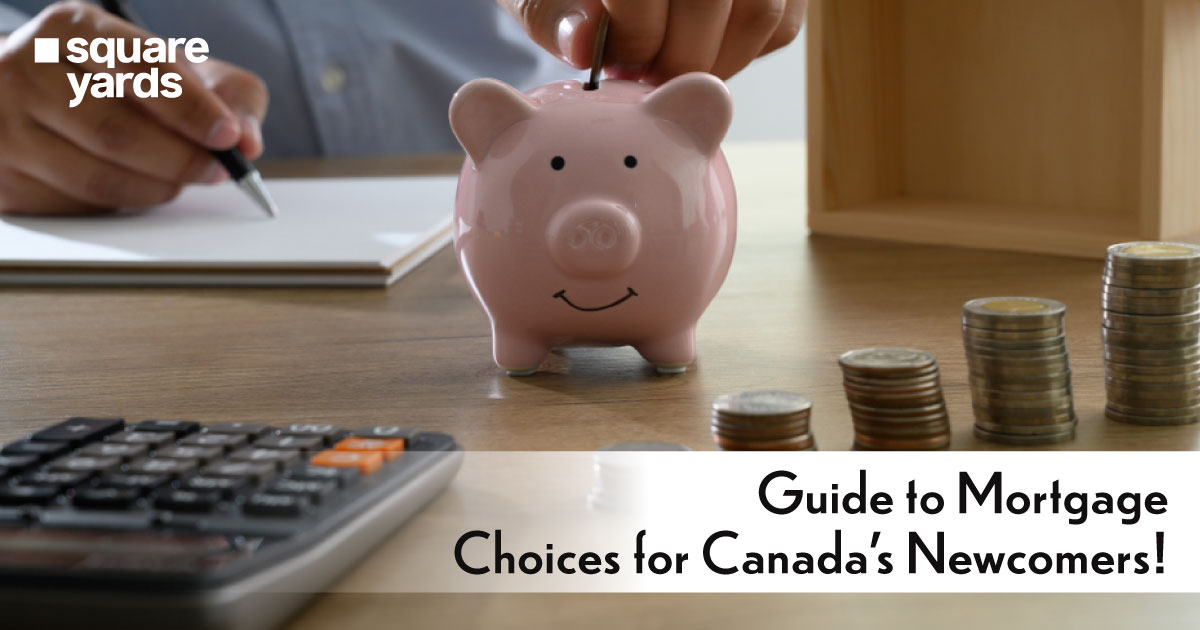Purchasing a foreclosed houses in Canada can be an appealing option for buyers and investors seeking Canadian real estate market opportunities. Since these properties are cheaper, sometimes people prefer investing in foreclosed properties. However, navigating the foreclosure process and understanding its intricacies is crucial to making a well-informed decision. This article will guide you through the essentials of buying foreclosed properties in Ontario, including exploring the pros and cons of such purchases.
What are Foreclosure Properties?
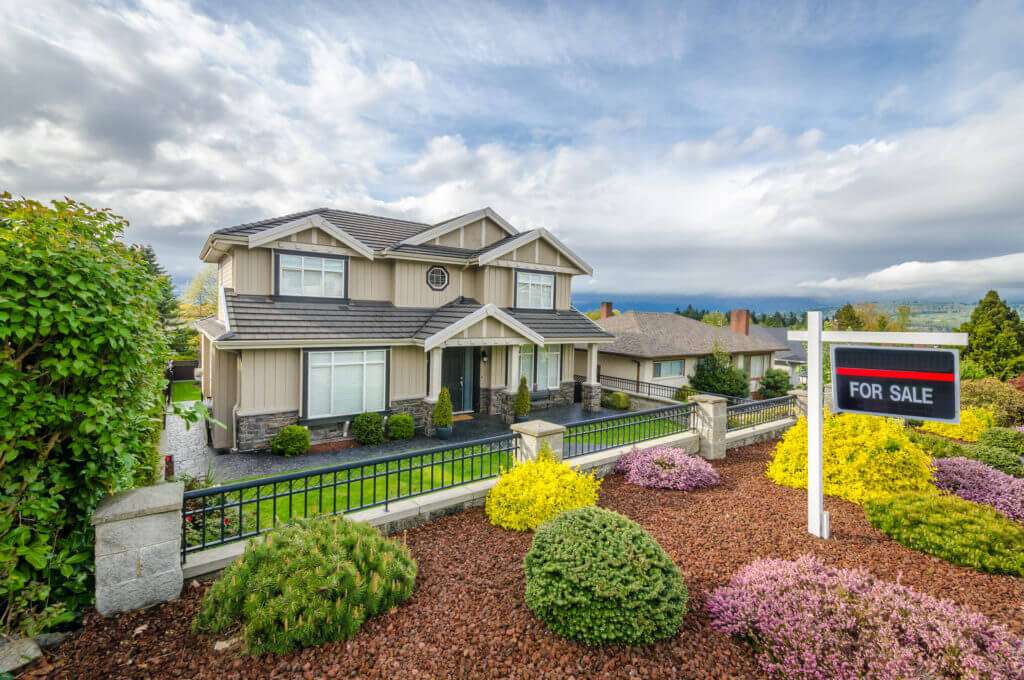
Foreclosures occur when homeowners cannot fulfil their mortgage obligations, leading the lender to take legal action to repossess the property. The foreclosure process may differ slightly from province to province, but it generally involves the following steps:
-
- Pre-Foreclosure: This initial stage occurs when homeowners fall behind on their mortgage payments, prompting the lender to issue a Notice of Default. An official notice is sent to the borrower warning about the foreclosure of the property if the amount has yet to be made. During this period, homeowners may be able to rectify their situation and avoid foreclosure.
- Foreclosure Auction: The lender typically proceeds with a foreclosure auction if the homeowner fails to resolve the mortgage default. This is called judicial sale or power of sale. For example, the Power of Sale (without the court’s involvement) takes place in Ontario. These auctions allow interested buyers to bid on the foreclosed houses in Canada, with the highest bidder winning the right to purchase them.
- Bank-Owned Sales: If the property fails to sell at auction, it becomes the lender’s possession. At this point, the property is referred to as a bank-owned house and is typically listed for sale through real estate agents or banks.
Foreclosures Houses in Ontario
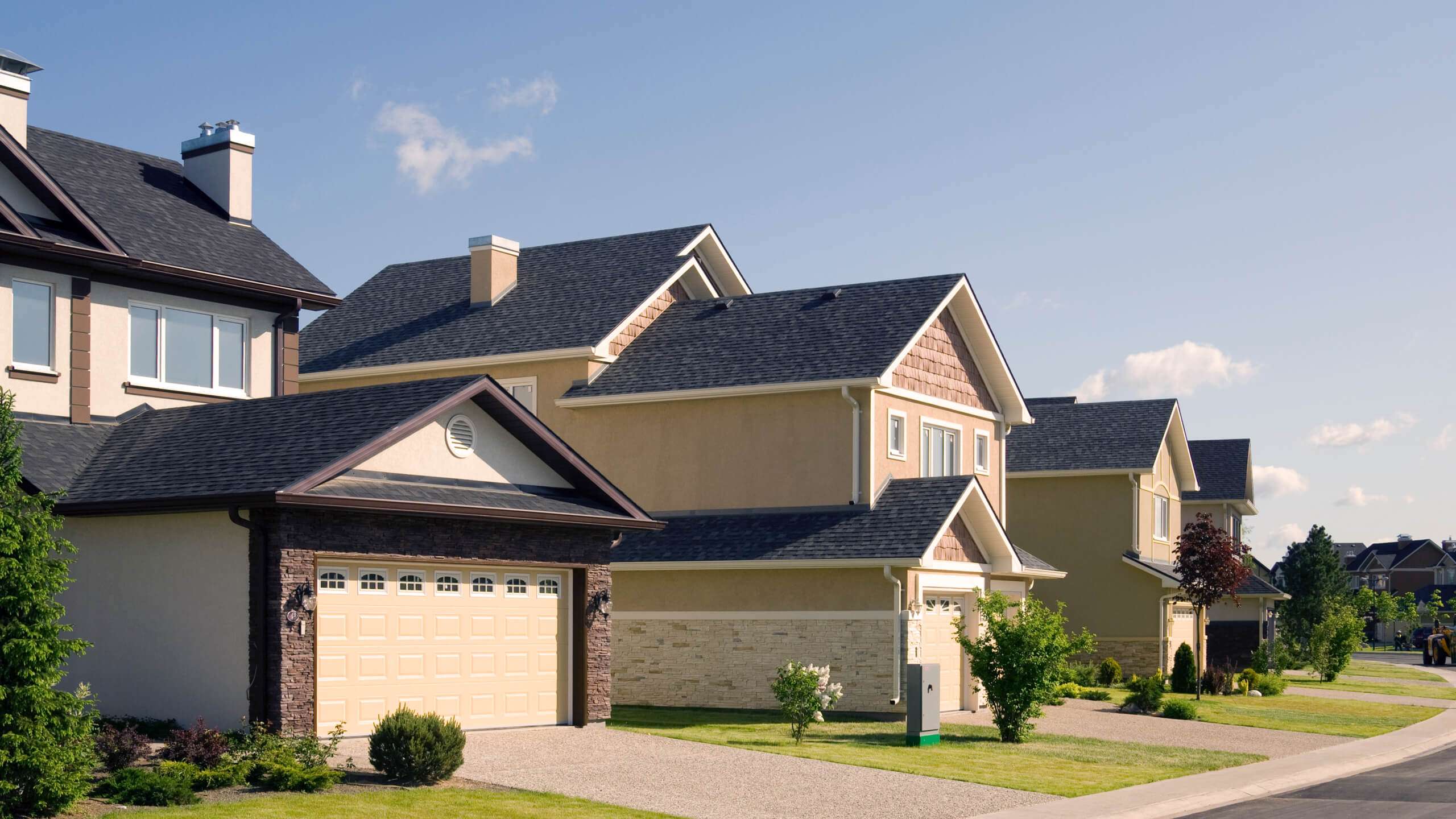
In Ontario, the foreclosure process follows the Power of Sale procedure instead of the Judicial Sale process used in some other provinces. The Power of Sale process gives lenders the authority to sell the property without court involvement. While this process generally allows for a quicker resolution, it is essential to understand the specific legal requirements and timeframes involved in Ontario’s foreclosure process.
Pros and Cons of Buying a Foreclosure
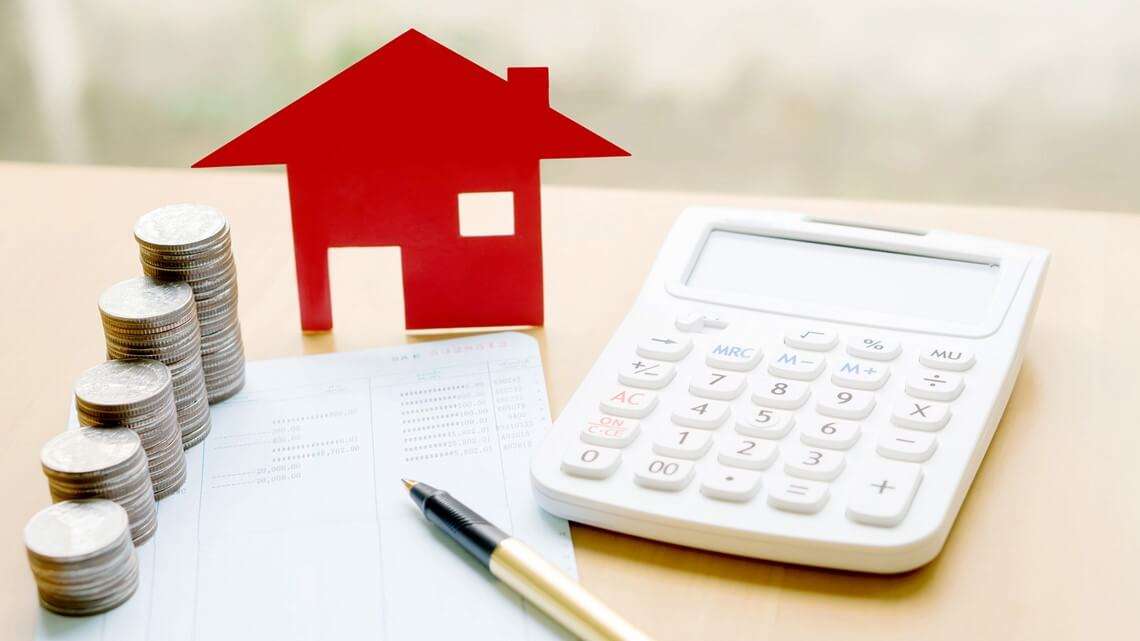
Buying a foreclosure home can be an enticing option for prospective buyers because it offers the potential for acquiring a property at a discounted price. However, it is essential to consider both the advantages and disadvantages of foreclosed houses in Canada. Some pros and cons of buying a foreclosure are given below.
-
Pros
- Lower Purchase Price: One of the main benefits of buying a foreclosure home is the potential for obtaining it at a price below the market value. Lenders are always motivated to sell these properties as soon as possible, often resulting in attractive discounts for buyers.
- Investment Opportunities: Foreclosure homes can present opportunities for those interested in real estate investment or house flipping. By purchasing a distressed property at a lower cost, investors can renovate and sell it at a higher price to generate a profit.
- Potential for Equity Growth: If you plan to live in a foreclosure home, its value may appreciate over time, allowing you to build equity. This can be especially beneficial in areas with a strong housing market.
- Flexible Financing Options: Some lenders offer unique financing options for foreclosure homes. These may include lower interest rates, more favourable loan terms, or the ability to finance repairs or renovations into the mortgage. Taking advantage of these financing options can make the purchase more affordable.
-
Cons
- Condition of the Property: Foreclosure homes are typically sold “as-is,” meaning they may require significant repairs or renovations. It is crucial to thoroughly inspect the property and assess potential repair costs before purchasing. Unexpected expenses can add to the overall investment required.
- Limited Property Inspection: In some cases, buyers may face restrictions on property inspections for foreclosure homes. This can make it challenging to fully assess the property’s condition, including potential structural issues or hidden damages. It is essential to factor in this uncertainty when evaluating the purchase.
- Competition and Bidding Wars: Foreclosure properties can attract several buyers, leading to competitive bidding scenarios. This can increase the price and make securing the property at the desired price more difficult. Preparing for potential competition is essential when pursuing a foreclosure home.
- Emotional and Legal Complexities: Foreclosure homes are often a result of financial hardship for the previous owners. This can lead to emotional complexities and potential legal issues. Buyers may encounter delays or challenges in the transaction process due to legal proceedings or unresolved disputes associated with the foreclosure.
Should you Buy a Foreclosure?
Deciding whether to buy a foreclosed property ultimately relies on your financial capacities and will to invest in the said property. Before investing in a foreclosure, ensure you have the funds or financing options available to cover the purchase price, potential repairs, and ongoing costs. Since foreclosed houses in Canada, in some cases, need proper maintenance, make sure that you have got it all covered. Conduct thorough market research to determine the fair market value of similar properties in the area and assess potential appreciation or rental income. Seek advice from experienced real estate professionals, such as agents or lawyers specialising in foreclosures, to guide you through the process and make you understand the potential risks.
Foreclosed properties are good investment opportunities for new buyers and investors. Understanding the foreclosure process, weighing the pros and cons, and carefully considering your financial situation and objectives before conducting thorough market research and seeking professional guidance is crucial. You can navigate the complexities of purchasing foreclosed properties and make a proper choice that aligns with your real estate goals.
You May Also Read :
| Guide To Buying Property in Canada | Buying Property in Canada |
| Understand Freehold vs Leasehold | Freehold Vs Leasehold |
| How To Buy New Construction Homes | New Construction Homes |
| Tips To Buy Condo Buying Tips | Condo Buying Tips |
Frequently Asked Questions (FAQs)
Yes, you can easily buy foreclosed homes in Ontario.
If the borrower fails to pay his mortgage, the lender sends a foreclosure notice after sufficient warnings. Then the property is seized and put up for sale, and the highest bidder gets the property.
The redemption period for a foreclosure in Canada is six months.
Foreclosure is when a lender seizes the property when the borrower fails to make payments. In contrast, the power of sale is the right of the lender to take the property back and foreclose it.
Distress sale is when a house needs to be sold immediately. In most cases, the lender is at a loss during a distress sale. Can you buy foreclosed homes in Ontario?
How do foreclosures work in Canada?
What is the redemption period for a foreclosure in Canada?
What's the difference between foreclosure and power of sale?
What is a distress sale on the house?


